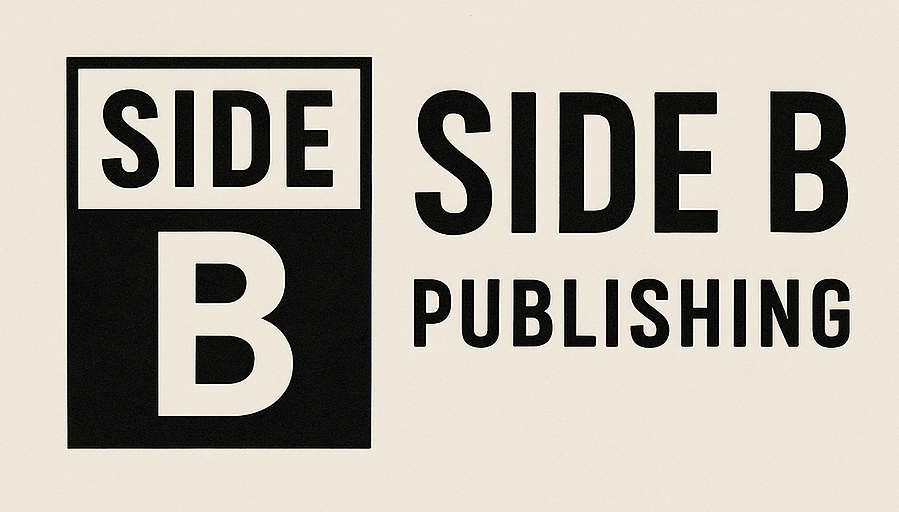Do Hearing Aids Really Work? Here’s What They Can—and Can’t—Do
One of the most common questions I hear is:
“Do hearing aids actually work?”
It’s usually asked with a mix of hope and skepticism—especially by people who’ve heard mixed reviews or had a bad experience in the past.
And the honest answer is:
Yes, hearing aids absolutely work… but not like magic.
They're not like glasses, where you put them on and everything becomes clear instantly. Hearing involves your brain, not just your ears—and your brain has to relearn how to process sound. That takes time, patience, and the right expectations.
Here’s what hearing aids can do:
Improve speech clarity in everyday environments
Help you follow conversations more easily, especially one-on-one
Reduce listening fatigue by easing the mental strain of “filling in the blanks”
Reconnect you with sounds you forgot you missed—birds, laughter, even your own footsteps
Here’s what they can’t do:
Eliminate all background noise
Perfectly replicate natural hearing
Read your mind (though modern tech comes close!)
Work well if they sit in a drawer
Many people give up too soon because no one told them that hearing aids are a process, not a quick fix.
That’s why I wrote The Hearing Aid Handbook. Not to convince people to buy something—but to guide them through the real experience, including the frustrations and the wins.
It’s the book I wish every new user had the day they walked out of the hearing clinic.
👉 If you’re unsure whether hearing aids are worth it—or if someone you love is doubting the value—this book clears up the myths and sets realistic expectations.
📚 Grab The Hearing Aid Handbook today for yourself or someone who needs it.
And if it’s already helped you, please consider leaving a review on Amazon so others can benefit from your experience.
💬 You can also follow Side B Publishing on Facebook for more tips and real-life hearing support.
